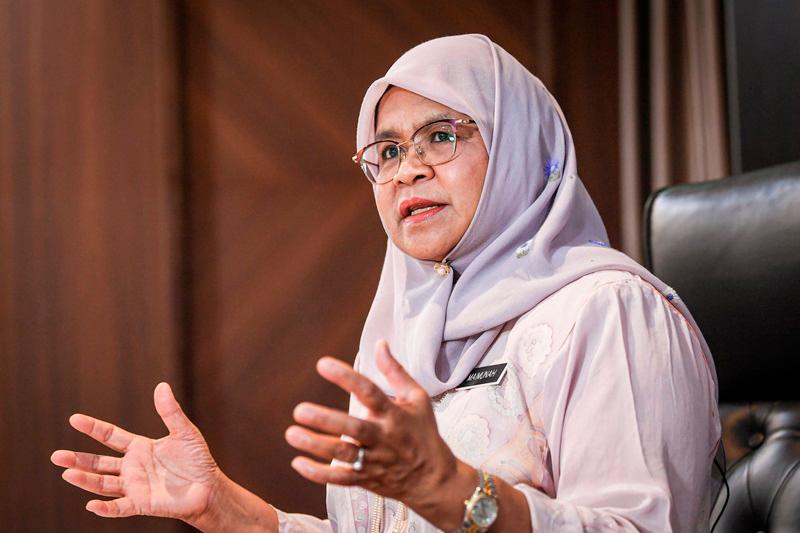KUALA LUMPUR: The Kuala Lumpur City Hall (DBKL) has identified 14 more flash flood hotspots around the capital and are taking immediate measures, including speeding up mitigation projects, to overcome the issue.
The hotspots include Jalan Syed Putra, Jalan Peel, Jalan Dutamas and Jalan Pahang, Jalan Maharajalela, Jalan Raja Chulan, Jalan Genting Kelang (Utar dan Shell), Lorong Titiwangsa 11, Jalan Pahang Barat and Jalan Tun Razak, Kuala Lumpur mayor Datuk Seri Maimunah Mohd Sharif said.
She expressed her confidence that DBKL would be able to tackle and reduce the impact of flash floods through similar measures taken at 25 hotspots previously.
“Yesterday only one of the 25 hotspots flooded, that means what DBKL has been doing so far has improved in terms of prevention and reducing flood risks.
“The areas (hit by floods) and landslides, there hasn’t been mitigation projects, so they are now potentially new hotspots. We are studying the best immediate measures that can be taken to overcome it,” she told Bernama here today.
Seven areas around the capital were hit by flash flooding, including Segambut Bypass, Jalan Sultan Azlan Shah, Jalan Pahang, Jalan Genting-Klang dan Jalan Dutamas, Jalan Kepong and Jalan Kuching.
Maimunah, who just took over as mayor on Thursday, said that they have intensified periodic maintenance of the Onsite Stormwater Detention Pond, rivers and main drains especially with the onset of the North East Monsoon as preventive measures, adding that deepening work at the pond was carried out according to current needs and the set schedule, along with upgrading the roadside drainage system.
“Climate change is a challenge in overcoming this problem, previously August isn’t the rainy season but now it’s all changed,” she said.
Maimunah shared that DBKL will strengthen cooperation with the Department of Irrigation and Drainage (DID) through the existing taskforce to ensure rivers, especially those prone to flooding, are given proper attention and can cope with the extra water.
“We will map out the flood area and not only look for an immediate solution but a medium and long term one as well,” she said, adding that they are proposing new project developers use the Environmentally Friendly Drainage Manual 2.0 and a sustainable urban drainage system like Bio-Ecology Drainage System (BIOECODS).
DBKL will also ensure that its enforcement teams are ready and will use its CCTV network to continuously monitor situations to ensure that immediate actions are taken and to reduce traffic congestion.
She also said that DBKL had carried out 1,488 inspections on risky trees since 2019 using certified arborists to identify any action that was required to avoid trees falling.
“A total of 270 trees were cut down. For the next phase, 240 risky trees around Kuala Lumpur are being inspected by the arborist,” she said, adding that DBKL had appointed 21 contractors to maintain trees for a period of two years.
DBKL would also plant trees better suited for urban environments and the Malaysian weather, including those which are rain resistant and could be maintained properly to ensure public safety.









